common good
Counting Sleep: What happens when you mix a financial entrepreneur and an insomniac?
It was 4 a.m. Once again, Jason Jin ’20 was clacking away on his keyboard, disturbing his roommate’s sleep. “Jason had a lot of sleep issues,” says Josh Collin ’20. “And I got a front-row seat.”
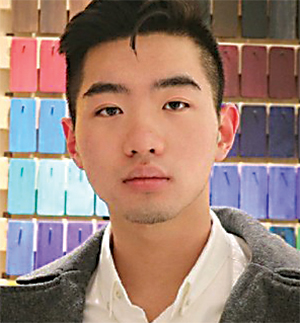
Jason Jin ’20
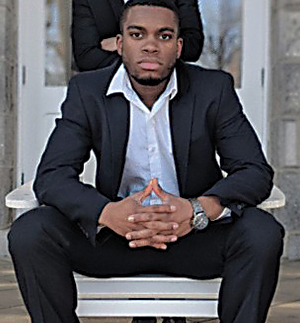
Josh Collin ’20
“He was a lark with an elaborate morning routine,” Jin says ruefully.
Yet the Swarthmore roommates proved a good match. Jin grew fascinated with wearable health-tracking devices that can analyze sleep data, becoming principal investigator on a sleep study in Assistant Professor Maggie Delano’s engineering lab. Meanwhile, Collin founded SWIFT — Savings, Wealth, Investment, Finance, and Trade — a campus organization promoting financial literacy. After seeing Jin’s insomnia first-hand, Collin thought, “Someone has to solve this problem.”
Collin’s entrepreneurial instincts and Jin’s fascination with sleep devices combined. They launched Bioloop, a sleep-coaching company, from their dorm room, receiving mentoring and early funding from Swarthmore’s Center for Innovation and Leadership. Bioloop interprets data from devices like the Apple Watch, Fitbit, and Oura Ring.
Those devices are cool, says Collin, but too much data can be overwhelming. The pair’s idea was to add a human element to all the data — a sort of personal sleep-trainer — to help people stop bad habits (eating before bed, too much blue light from screens) and develop and maintain good ones (meditation, healthy wind-down routines).
“Sleep is something we brush aside,” says Collin. “But we’re hurting our own longevity. Sleep is this missing pillar of health.”
As for the former roommates? They’re currently housemates in San Francisco, sharing a house with 12 other founders and seven newly hatched companies. And they’re both sleeping a healthy 7–8 hours a night.
— HEATHER RIGNEY SHUMAKER ’91
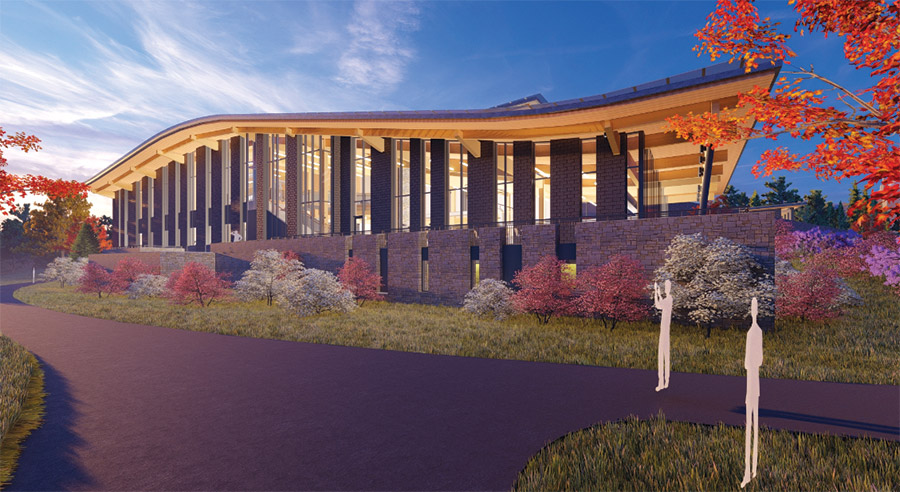
Energy Movement
We Are Humans
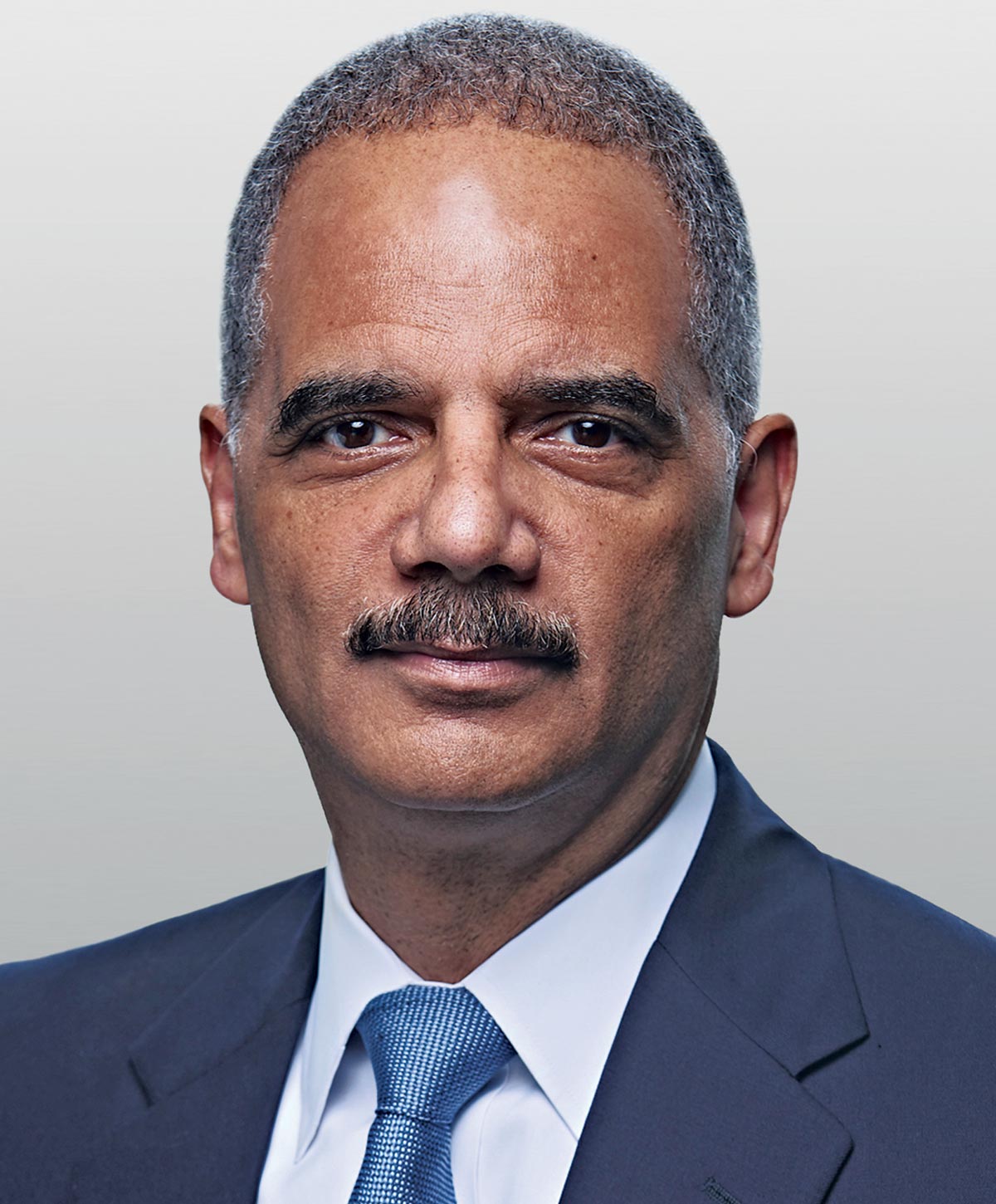
Democracy and Civil Rights
ric Holder, the 82nd U.S. attorney general, spoke to more than 500 College community members as part of the inaugural event in a virtual series sponsored by the President’s Fund for Racial Justice and the Social Responsibility Committee of the Board of Managers.
Holder, the first African American in that role (he served from February 2009 to April 2015), discussed a wide range of topics, including the state of American democracy, civil rights, and voting rights.
“Eric Holder was a natural choice to kick off this series on the challenges of citizenship in a multiracial democracy,” said James Snipes ’75, chair of the Social Responsibility Committee of the Board of Managers. “Throughout his career, as a lawyer, judge, and attorney general, he has shown an extraordinary commitment to civil rights, and voting rights in particular. He set the bar high for the programs that will follow.”
The remote event featured a conversation with Holder and Professor of History Allison Dorsey, with questions moderated by Tristan Alston ’22, Sonia Linares ’22, and Daniel Torres Balauro ’23, and an introduction from President Valerie Smith.
Holder acknowledged the psychological toll that the events of 2020 and the historic realities of race in America have taken on Black citizens. Despite the past year’s events relating to police abuses, Holder said he remains optimistic that the energy behind the growing social-justice movements will continue to inspire change for the better.
Holder urged audience members to increase their engagement in their communities and in government organizations. “Regular, powerful citizens can be involved in the process and have an impact,” said Holder. “We should never underestimate the power we have and young people especially. … The largest voting bloc in this country is young people.”
Gathering together as citizens to demand change and participating in the process is crucial, he said.
“There’s no question that 2020 was a moment,” Holder said. “But the question really is going to be, does the moment lead to a movement.”

courtesy of the haiti clinic
On the Ground in Haiti

Democracy and Civil Rights
ric Holder, the 82nd U.S. attorney general, spoke to more than 500 College community members as part of the inaugural event in a virtual series sponsored by the President’s Fund for Racial Justice and the Social Responsibility Committee of the Board of Managers.
Holder, the first African American in that role (he served from February 2009 to April 2015), discussed a wide range of topics, including the state of American democracy, civil rights, and voting rights.
“Eric Holder was a natural choice to kick off this series on the challenges of citizenship in a multiracial democracy,” said James Snipes ’75, chair of the Social Responsibility Committee of the Board of Managers. “Throughout his career, as a lawyer, judge, and attorney general, he has shown an extraordinary commitment to civil rights, and voting rights in particular. He set the bar high for the programs that will follow.”
Holder acknowledged the psychological toll that the events of 2020 and the historic realities of race in America have taken on Black citizens. Despite the past year’s events relating to police abuses, Holder said he remains optimistic that the energy behind the growing social-justice movements will continue to inspire change for the better.
Holder urged audience members to increase their engagement in their communities and in government organizations. “Regular, powerful citizens can be involved in the process and have an impact,” said Holder. “We should never underestimate the power we have and young people especially. … The largest voting bloc in this country is young people.”
Gathering together as citizens to demand change and participating in the process is crucial, he said.
“There’s no question that 2020 was a moment,” Holder said. “But the question really is going to be, does the moment lead to a movement.”
MORE: bit.ly/HolderSwat

courtesy of the haiti clinic
On the Ground in Haiti
Neil Heskel ’74 and Kevin Browngoehl ’78 established the Haiti Clinic in 2007 and were on the ground to help when the 2010 earthquake devastated the island nation. The two doctors again coordinated relief efforts in 2021 when a magnitude 7.2 earthquake struck the Tiburon Peninsula in Haiti on Aug. 14. “The death toll is over 2,100, with more than 13,000 injured and an unknown number of people missing,” says Heskel (pictured above with a young patient and his mother). “Hurricane Grace swept over Haiti, hampering the complicated search-and-rescue mission. The Haiti Clinic provided medical care and supplies in several of the hardest-hit areas.” Hiring Haitian physicians, nurses, and other health care workers to help with their efforts also helps local families have a source of income. “The permanent clinic in Cité Soleil is open and seeing patients daily while offering telemedicine visits for those who cannot safely travel,” says Heskel. “The Haiti Clinic’s remote team is collaborating with other organizations in efforts to care for as many sick and injured as possible.” Water and food are desperately needed, Heskel adds: “Our team had to drive over two hours — each way — to fill water buckets. Our volunteers in the U.S. are assembling and shipping supplies.”
Campus Quickly

Strengthening Indigenous Studies
Farewell to 11 Retiring Faculty Members
The 2020–21 retirees are: Nathalie Anderson, English Literature; Caroline Burkhard, Chemistry and Biochemistry; Joy Charlton, Sociology; Arthur McGarity, Engineering; Braulio Muñoz, Sociology; Marjorie Murphy, History; Carol Nackenoff, Political Science; Helen Plotkin, Classics; Micheline Rice-Maximin, French and Francophone Studies; Allen Schneider, Psychology; and Faruq Siddiqui, Engineering.

Makayla Davis
BLOOMING IMPRESSIVE: This summer, the Chester Children’s Chorus returned to camp on campus. Highlights included a photography class with Jeremy Polk of the College’s Media Center. This beautiful image of a bee resting on a flower was taken by Makayla Davis, 13, an eighth grader who sings in the chorus’s Festival Choir.
Leading the Way
- Elizabeth Boluch Wood, vice president for advancement, brings to Swarthmore 35 years’ experience in higher education and nonprofit fundraising, including nearly two decades at Princeton University.
- Brad Koch, the Marion Ware Director of Athletics, Physical Education, and Recreation, joins the College from Cabrini University, where he had spent nine years as athletic director.
- Beth Glassman, vice president for human resources, brings more than 25 years of experience as an attorney and chief human resources officer, including five years at Widener University.
- Erin Brownlee Dell, chief of staff and secretary of the College, comes to Swarthmore from Guilford College, where she had served in multiple roles during her 18-year tenure, including as an associate academic dean.

A Few New Faces Join the Board of Managers
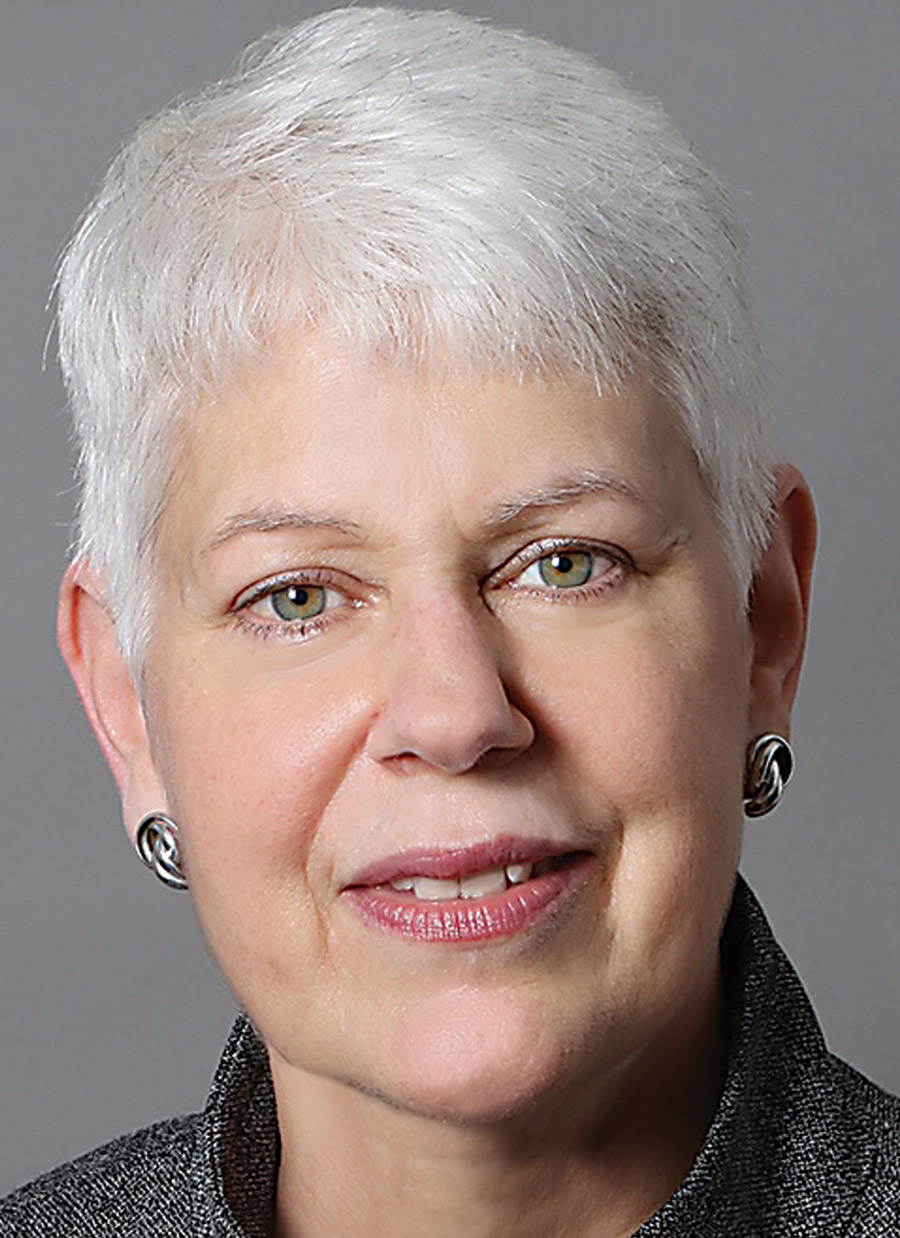
Lauren Glant ’83, a litigator who taught at New York University Law School, Pace University School of Law, and Brooklyn Law School, and now consults with nonprofits.
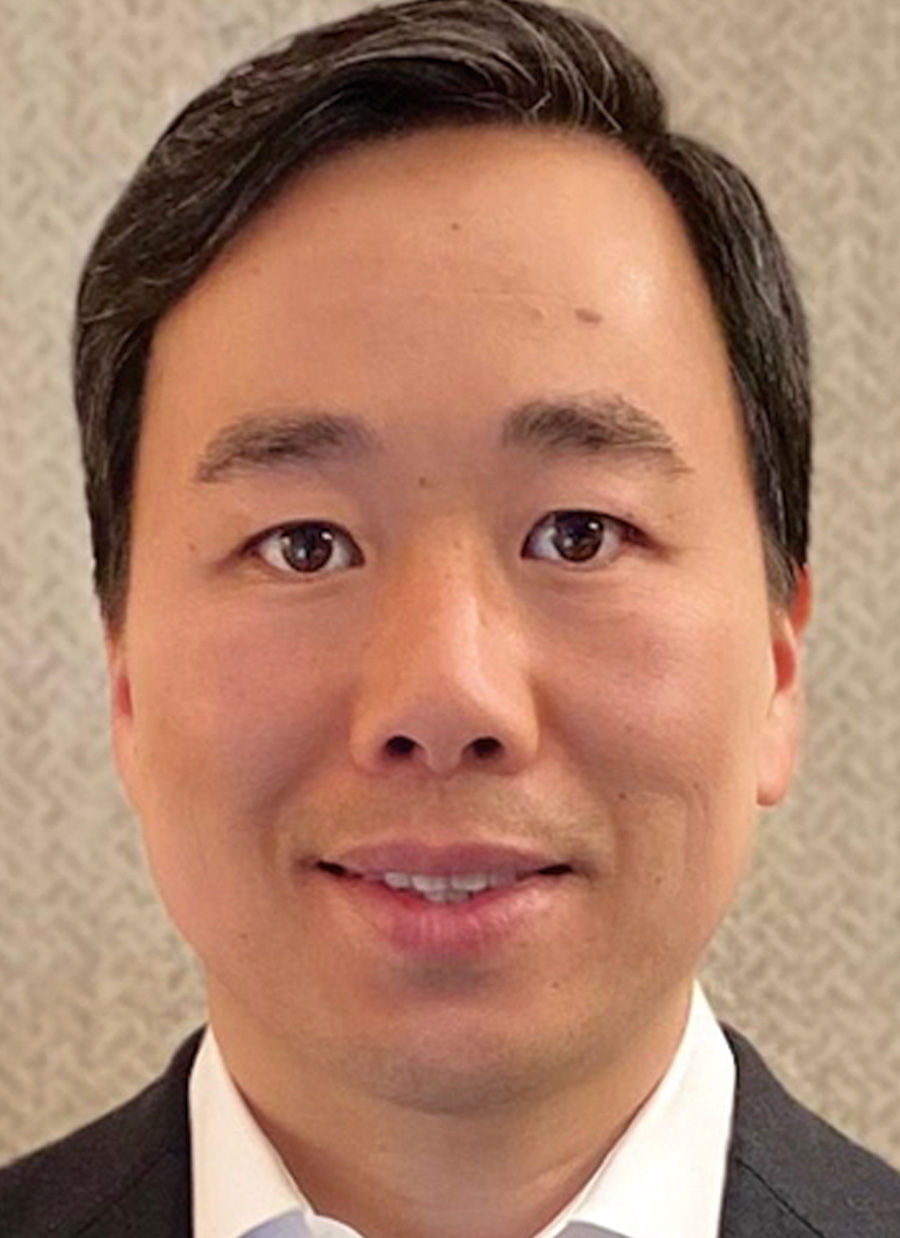
Edgar Lee ’98, a private investor with more than 20 years of finance and alternative-investing experience; he served as a portfolio manager at Oaktree Capital Management from 2007 to 2020.
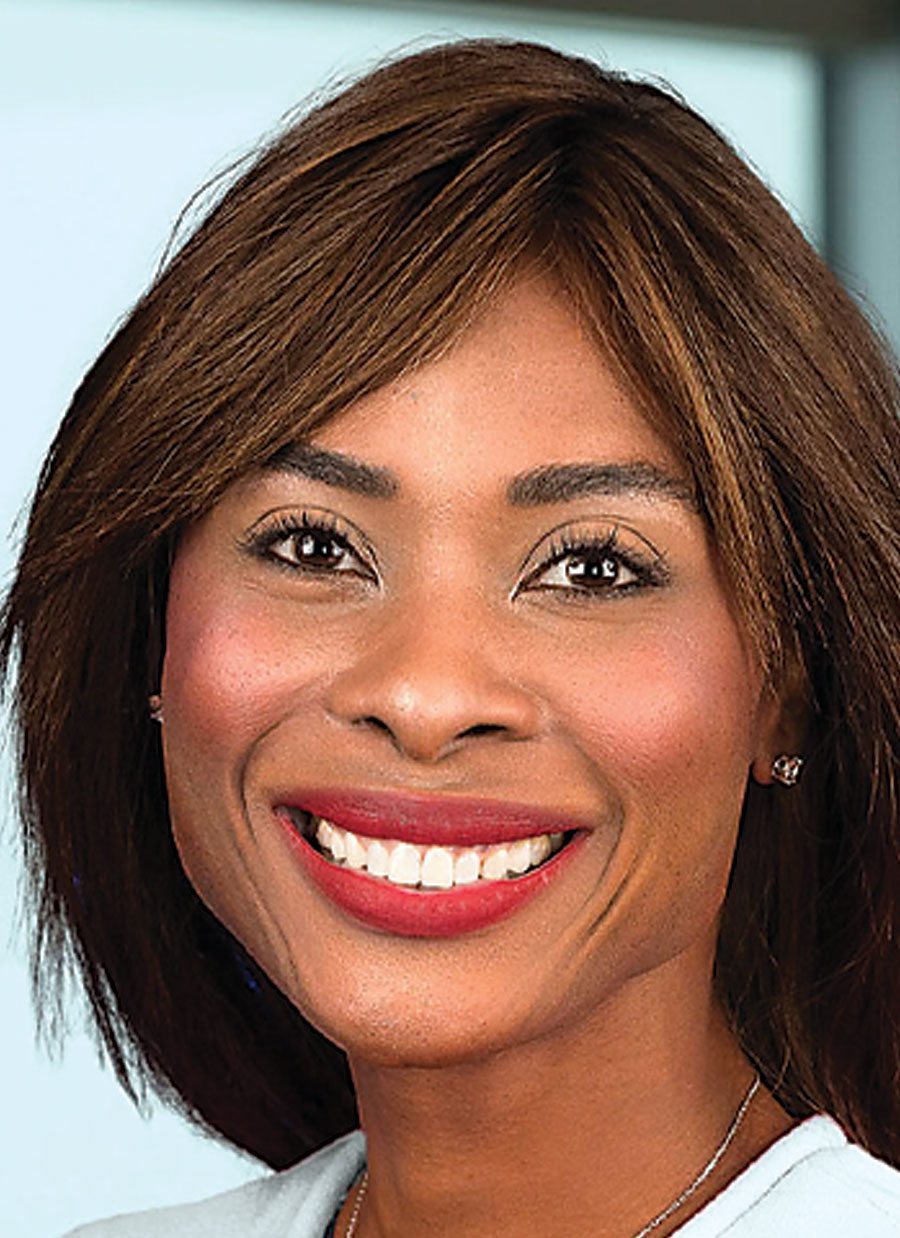
Asahi Pompey ’94, global head of corporate engagement at Goldman Sachs and president of the Goldman Sachs Foundation.
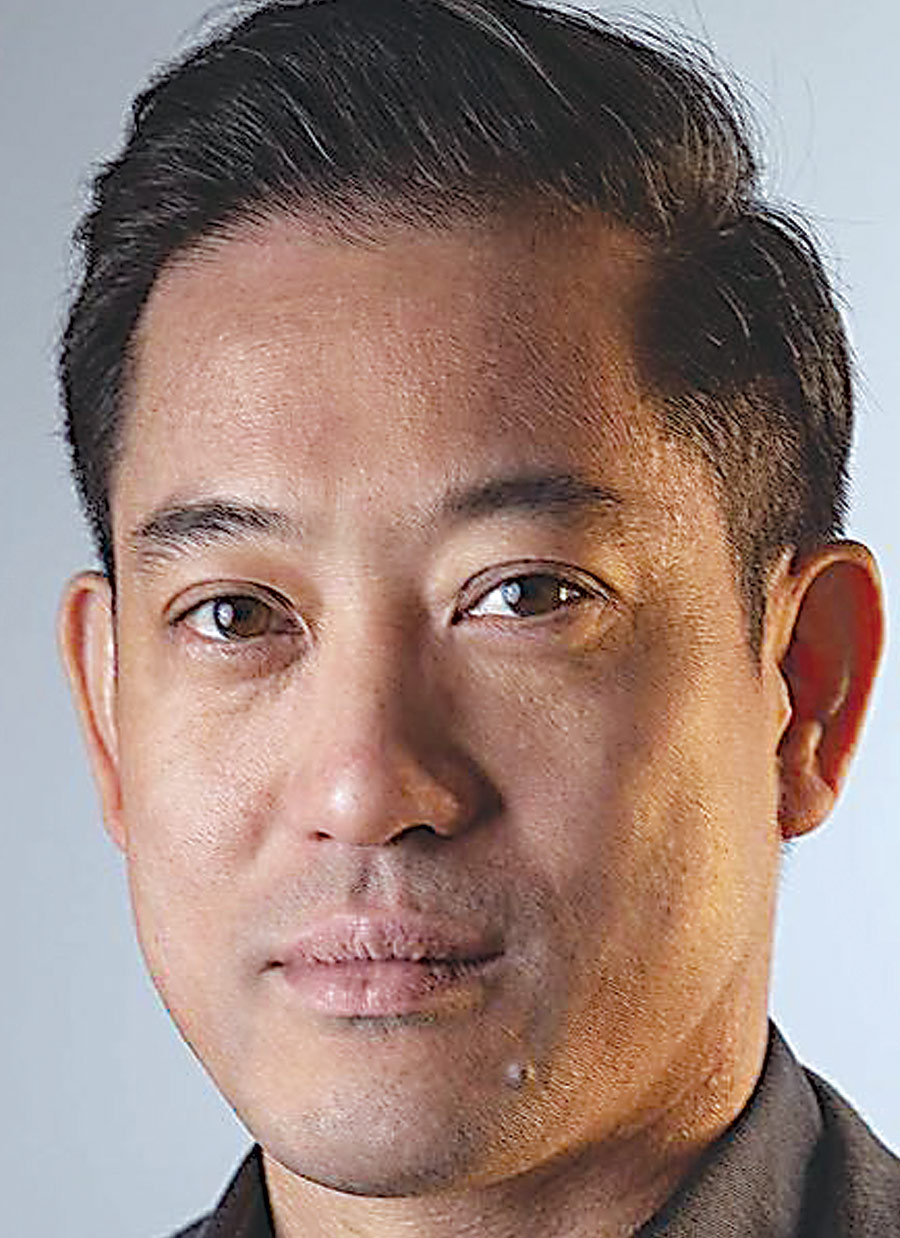
Brian Wong ’96, founder and chairman of RADII Media and former vice president of Alibaba Group.
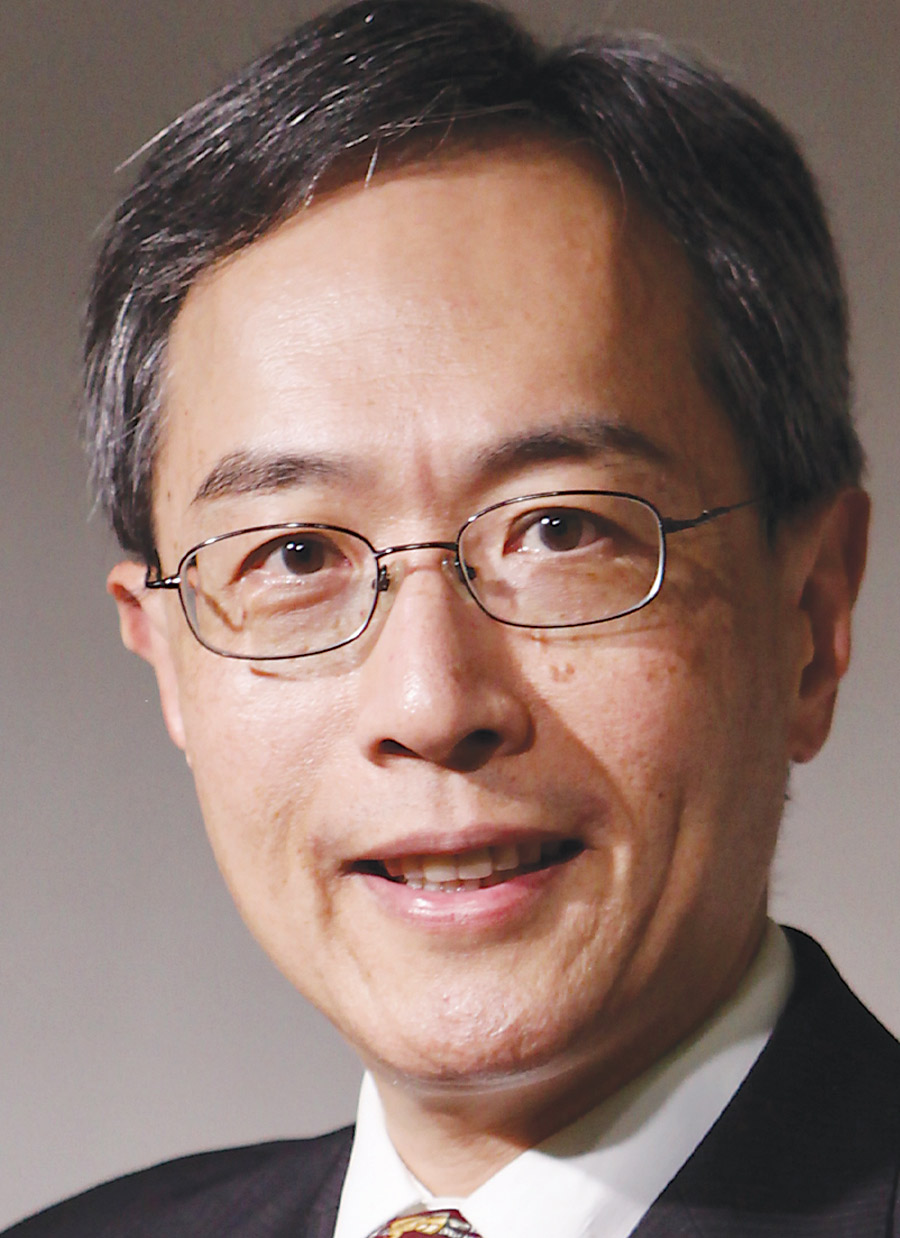
Winston Zee P’07, a transnational business lawyer who is a member of the faculty of Shanghai Jiao Tong University KoGuan Law School.

Check it out: Friends Historical Library, circa February 1968.
Activist tendencies within the Religious Society of Friends make FHL an extraordinary resource not just for the study of Quakerism but also for abolitionism, women’s rights, Native American history, and more.
With more than 50,000 books and approximately 10,000 linear feet of manuscripts and archives, FHL functions not solely as an important educational resource for the Swarthmore College community but also as an international research facility. FHL launched its 150th anniversary on World Quaker Day, Oct. 3.
— Jordan Landes, Curator of Friends Historical Library
A Few New Faces Join the Board of Managers





Winston Zee P’07, a transnational business lawyer who is a member of the faculty of Shanghai Jiao Tong University KoGuan Law School.

Check it out: Friends Historical Library, circa February 1968.
Happy 150th, FHL! The Friends Historical Library is 150 years young this year! The Anson Lapham Repository (as it was then known, named for its initial donor) opened its doors in 1871.
Activist tendencies within the Religious Society of Friends make FHL an extraordinary resource not just for the study of Quakerism but also for abolitionism, women’s rights, Native American history, and more.
With more than 50,000 books and approximately 10,000 linear feet of manuscripts and archives, FHL functions not solely as an important educational resource for the Swarthmore College community but also as an international research facility.
FHL launched its 150th anniversary on World Quaker Day, Oct. 3.
— Jordan Landes, Curator of Friends Historical Library

Creative Bonds
The Life of a Teacher-Scholar
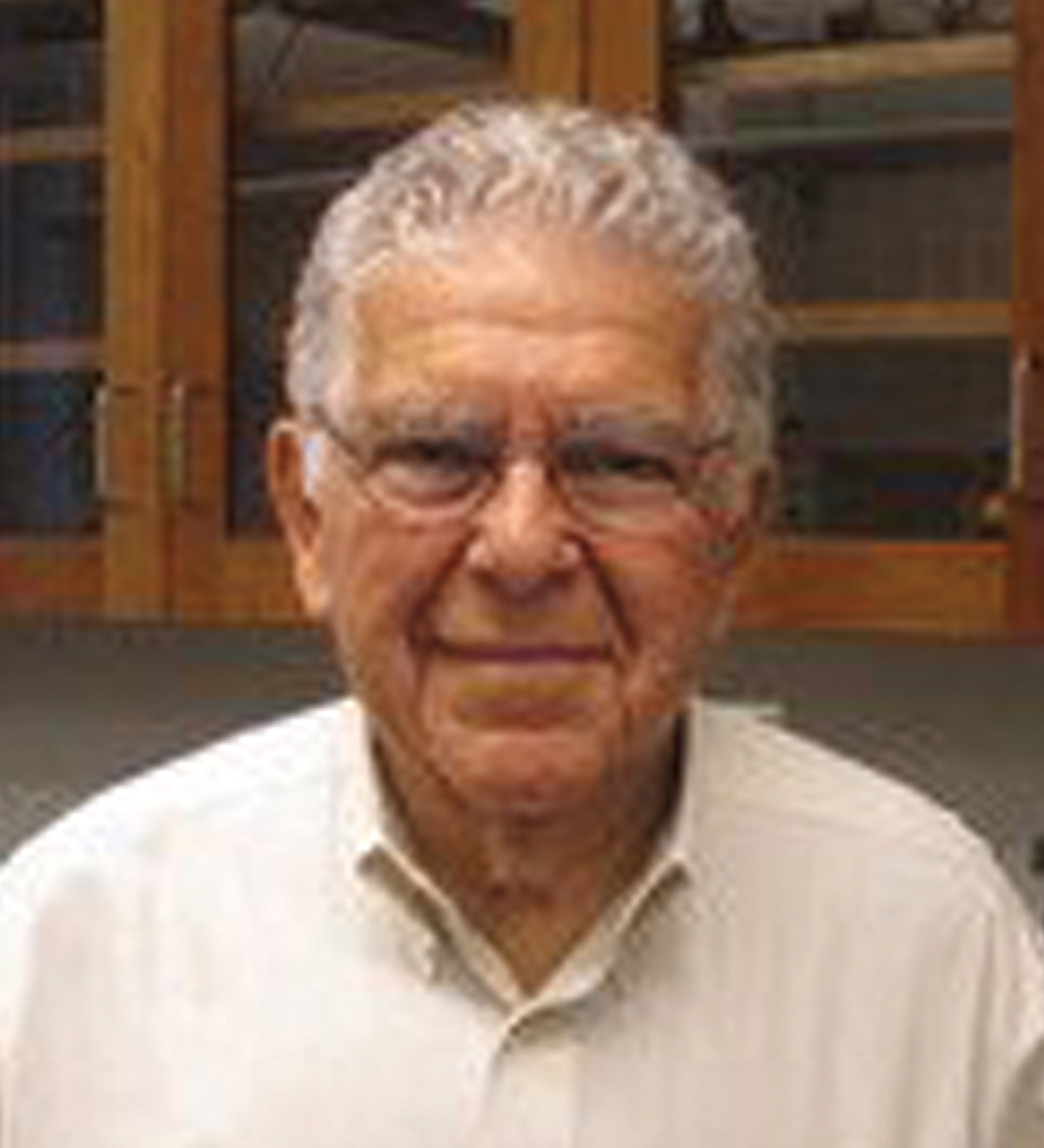
Known as one of the world’s leading bioinorganic chemists, Pasternack joined Swarthmore in 1982 from Ithaca College. Pasternack also frequently collaborated with Peter Collings, the Morris L. Clothier Professor Emeritus of Physics. A conversation about a possible overlap in their research ultimately led to the now widely used technique of resonance light scattering, and it changed the trajectory of their work for years to come.
“Bob loved the life of the teacher-scholar, and saw no separation between the two,” Collings says. “In the research laboratory, he mentored and instructed students to accomplishments they never envisioned for themselves. In the classroom, he utilized examples from research to illustrate and explore course content. Bob was both proper and kind, serious and friendly — a wonderful class act.”
MORE: bit.ly/BPasternack